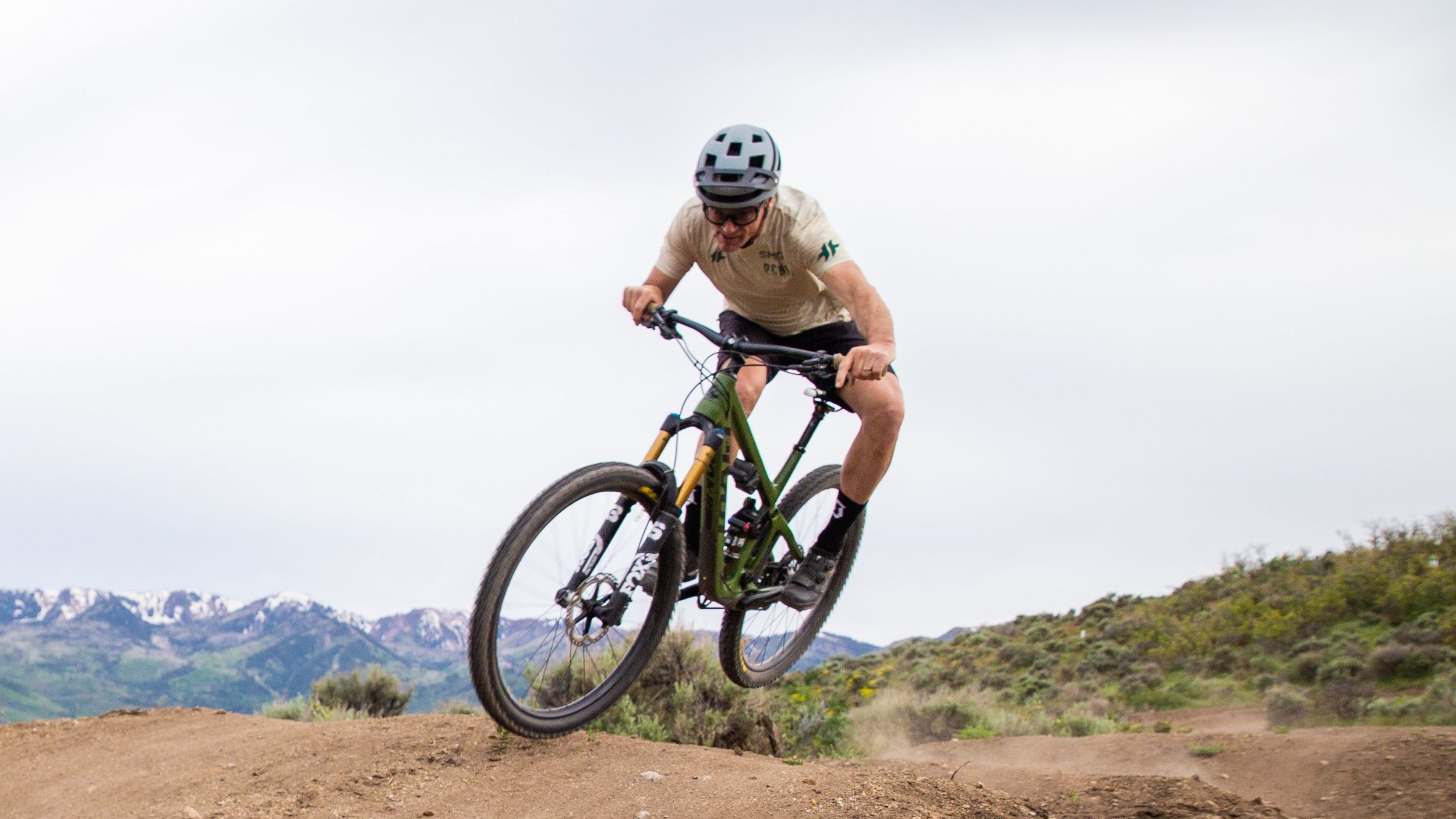Strength Training Will Make You More Efficient
Strength Training Will Make You More Efficient
Strength training can help you build muscle while losing body fat. This means that more of the weight on your bike will contribute to performance. Simply put, 10 lbs of muscle is more helpful on a 50k run or ride than 10 lbs of fat.
Additionally, the stronger you get, the less effort each pedal stroke at a certain speed will take. Think of curling a 10 lb dumbbell. If your max curl is 12 lbs, then you will only be able to do a couple of reps. But if your max is 25 lbs, you will be able to do a ton of reps before getting tired.
As a bonus, strength training develops better blood flow to the muscles and improves buffering, meaning your body will clean up lactic acid quicker, helping you avoid that burning sensation in your legs as you get tired.
References
https://journals.humankinetics.com/view/journals/ijspp/16/5/article-p663.xml
https://journals.lww.com/nsca-jscr/Fulltext/2009/08000/The_Influence_of_Strength_and_Power_on_Muscle.00017.aspx; https://journals.lww.com/nsca-scj/Abstract/2006/06000/Maximum_Strength_and_Strength_Training___A.8.aspx
https://physoc.onlinelibrary.wiley.com/doi/full/10.14814/phy2.12033; https://journals.physiology.org/doi/full/10.1152/ajpregu.1999.276.2.R591

